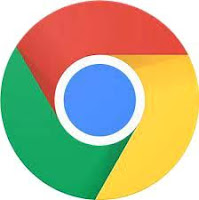Mobile Apps In Healthcare: The Latest Trends
Mobile Apps In Healthcare: The Latest Trends
Mobile Apps In Healthcare: The Latest Trends
Some of the latest trends in mobile healthcare apps include:
Telemedicine: This involves remote consultation between patients and healthcare providers using video conferencing or messaging.
mHealth and wearable devices: Wearable devices such as smartwatches and fitness trackers are increasingly integrated with mHealth apps to track and manage health data.
Artificial Intelligence and Machine Learning: These technologies are being used to analyze patient data to improve diagnosis and treatment.
Personalized medicine: Mobile apps are being used to gather genetic and lifestyle information to create personalized treatment plans.
Blockchain: The use of blockchain technology is increasing in healthcare to secure and manage medical records.
Mental Health: Mobile apps are becoming more popular for mental health support and management.
Chronic Disease Management: Mobile apps are helping patients manage chronic conditions such as diabetes, hypertension, and asthma.
Best mobile health apps can vary depending on individual needs, but some popular and highly rated options include:
Teladoc
Practo
MyFitnessPal
Headspace
Note: It’s important to consult with a healthcare professional before using any mHealth app and ensure it’s in line with your individual health needs and goals. 0 0 0
Mobile Apps In Healthcare: The Latest Trends
You May Like:
Things to Consider When Choosing a Link Building Service
FAQ on Mobile Apps In Healthcare
Q: Is the Mobile Apps In Healthcare fine?
Ans: Yes, You can take avial of them.
Q: Are the Apps Pro or Free?
Ans: There are both pro and free apps.
Q: Is it secure to use mobile apps?
Ans: Yes, if it is downloaded from Playstore.
Related Searches:
- Mobile Apps In Healthcare
- Key Healthcare Trends
- What is Off-Page SEO
- Sales Enablement Platform Reviews 2023












